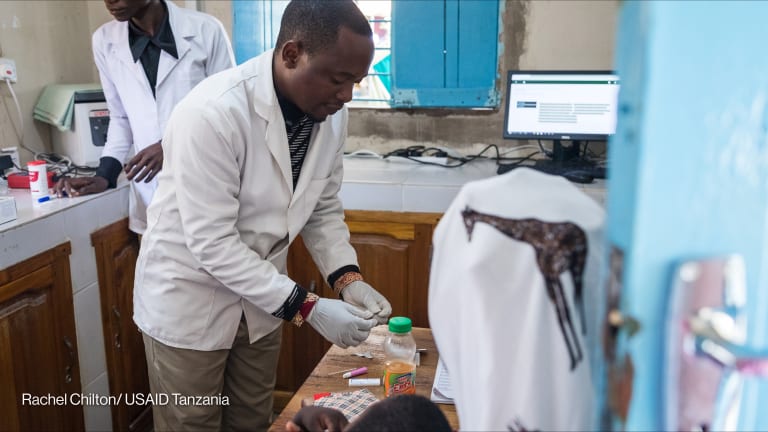The COVID-19 pandemic exposed the lack of equitable access to medical oxygen in low- and middle-income countries, particularly to medical liquid oxygen, or LOX, which is the gold standard of care. Lower-income countries found themselves scrambling to work with the gas companies that produce medical oxygen to patch together even a limited supply.
In many cases, it was nowhere near enough to meet the demand, which saw an estimated 1 in 5 COVID-19 patients requiring access to medical oxygen.
Now advocates are pushing for the gas industry — particularly the six gas companies responsible for producing the vast majority of LOX — to lock in the advances that were made during the outbreak, while also taking additional steps to ensure LMICs have a sustainable supply.








